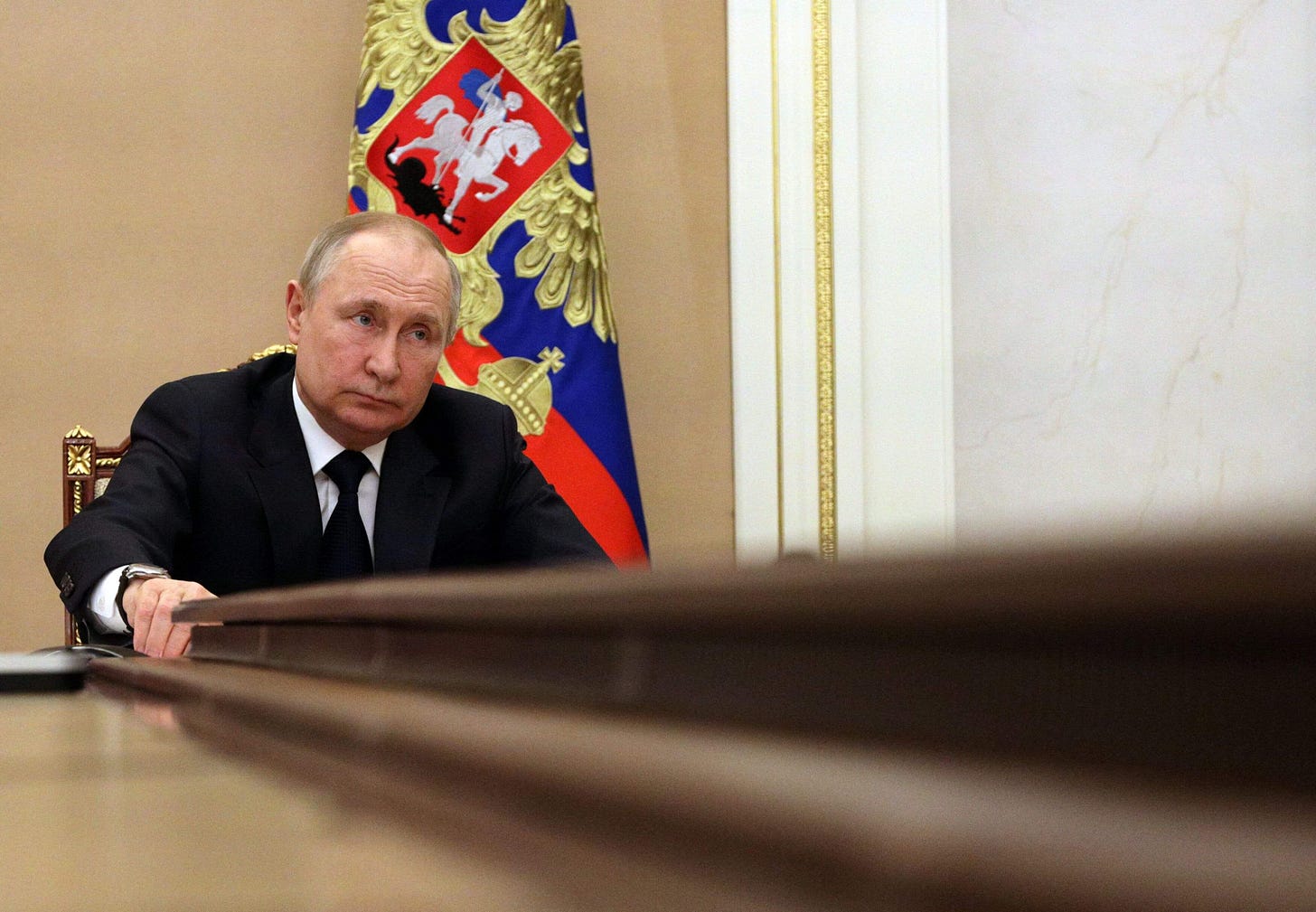The sanctions taken by America and the European Union against Russia following its attack on Ukraine have made Vladimir Putin's country a real pariah of the financial system. The assets of the Russian central bank have also been frozen. Now, investors fear a default on Russia's sovereign debt.
On the markets, Russia's sovereign debt is now worth less tha…
Keep reading with a 7-day free trial
Subscribe to Sylvain Saurel’s Newsletter to keep reading this post and get 7 days of free access to the full post archives.




